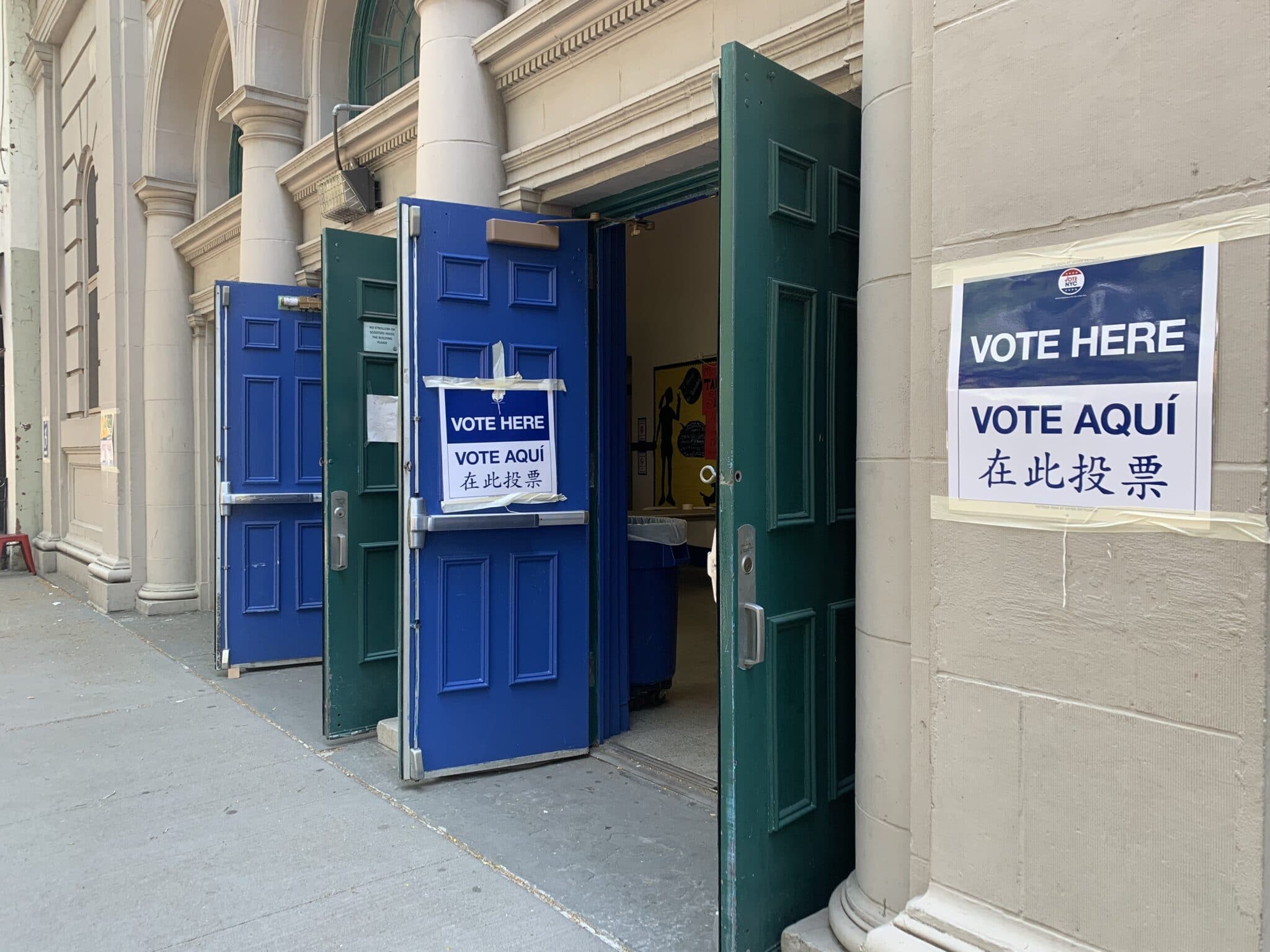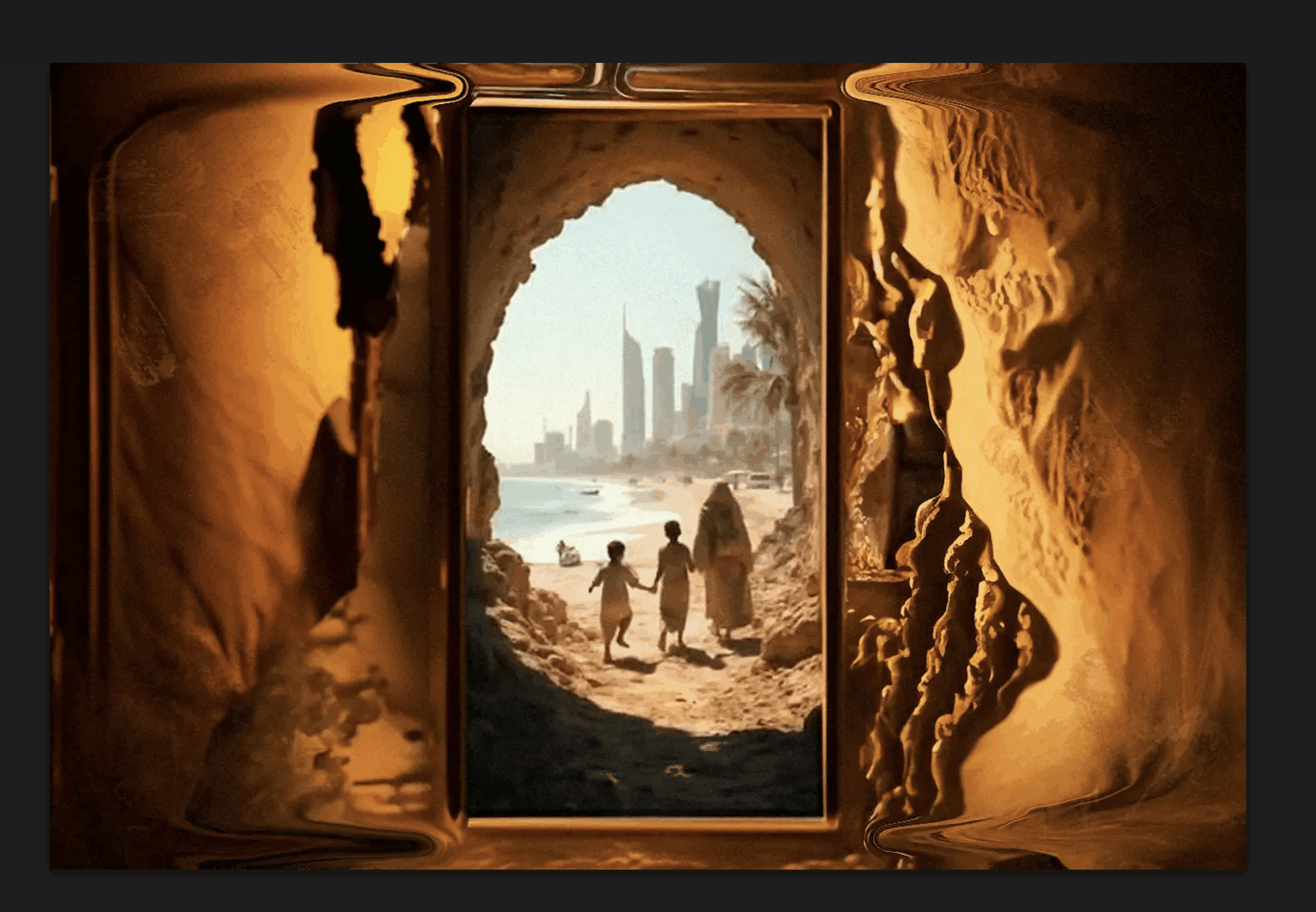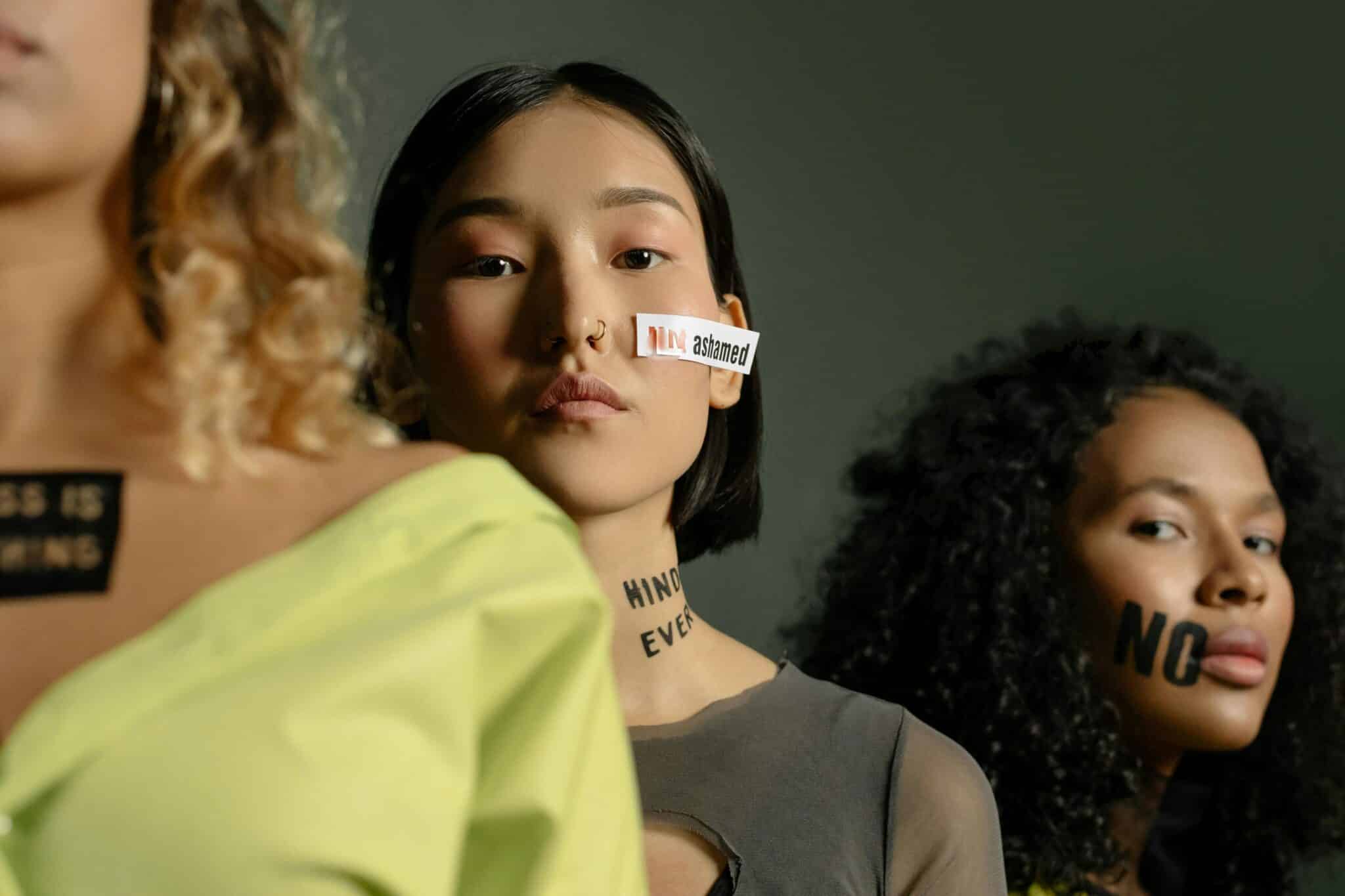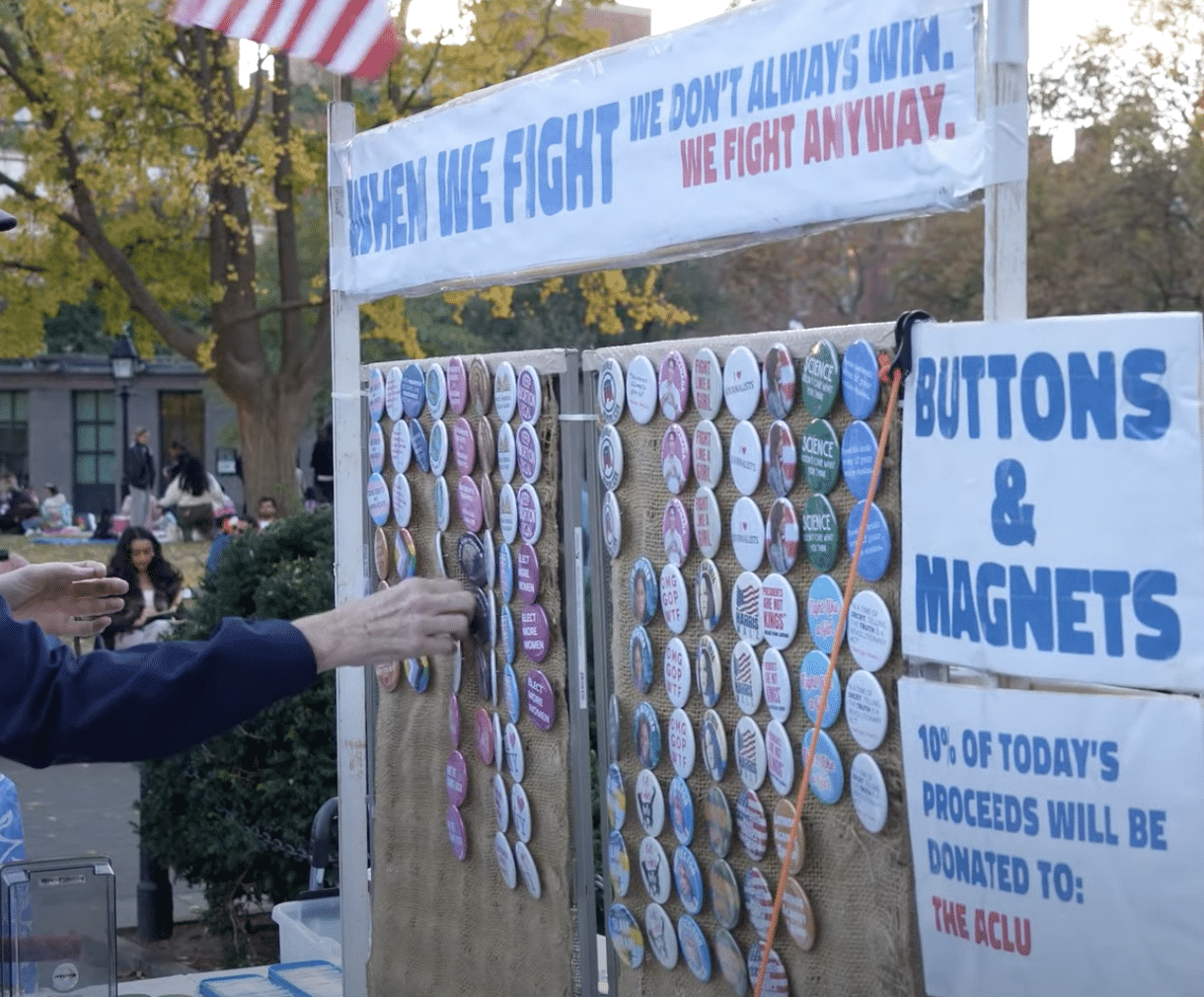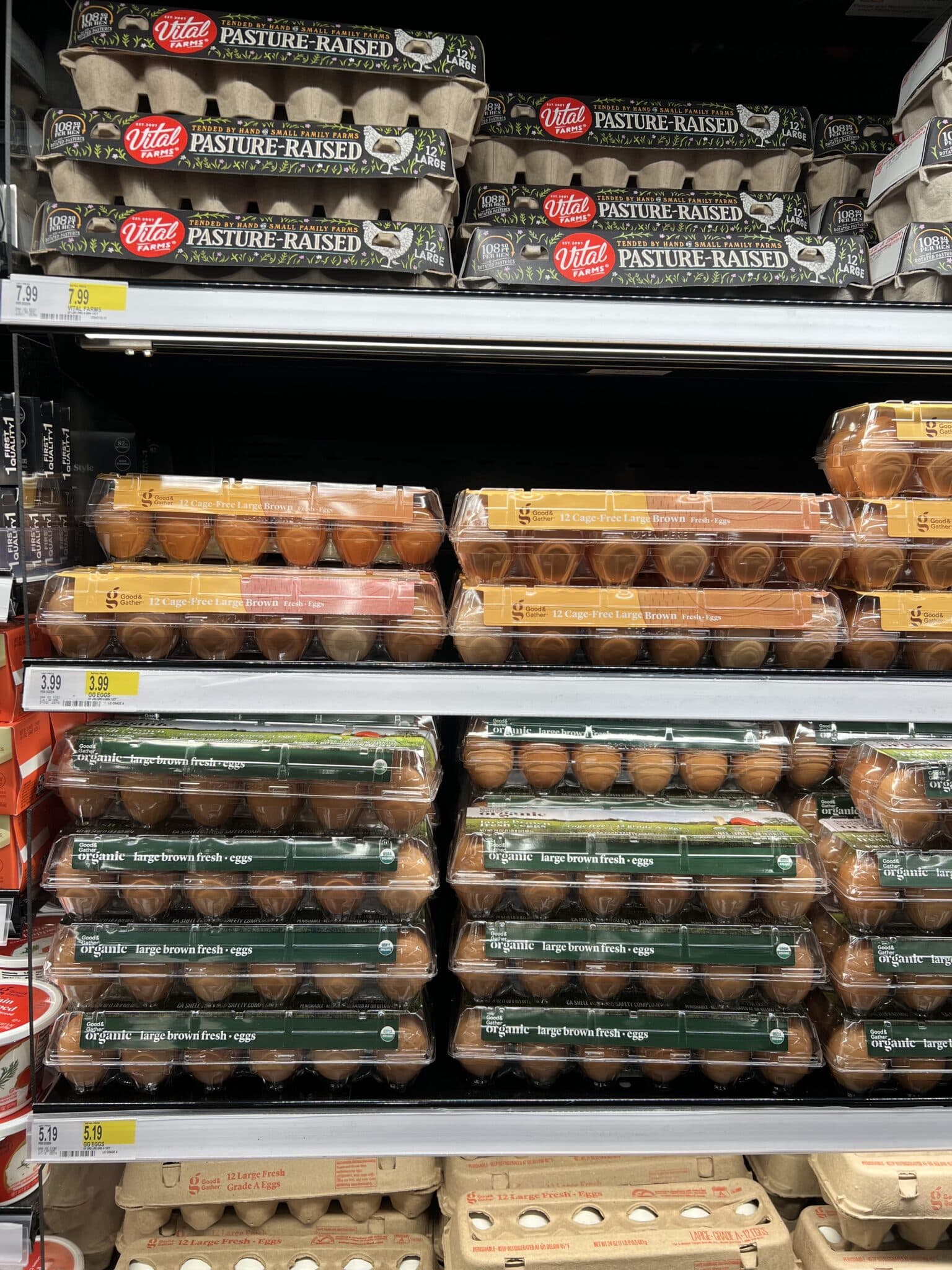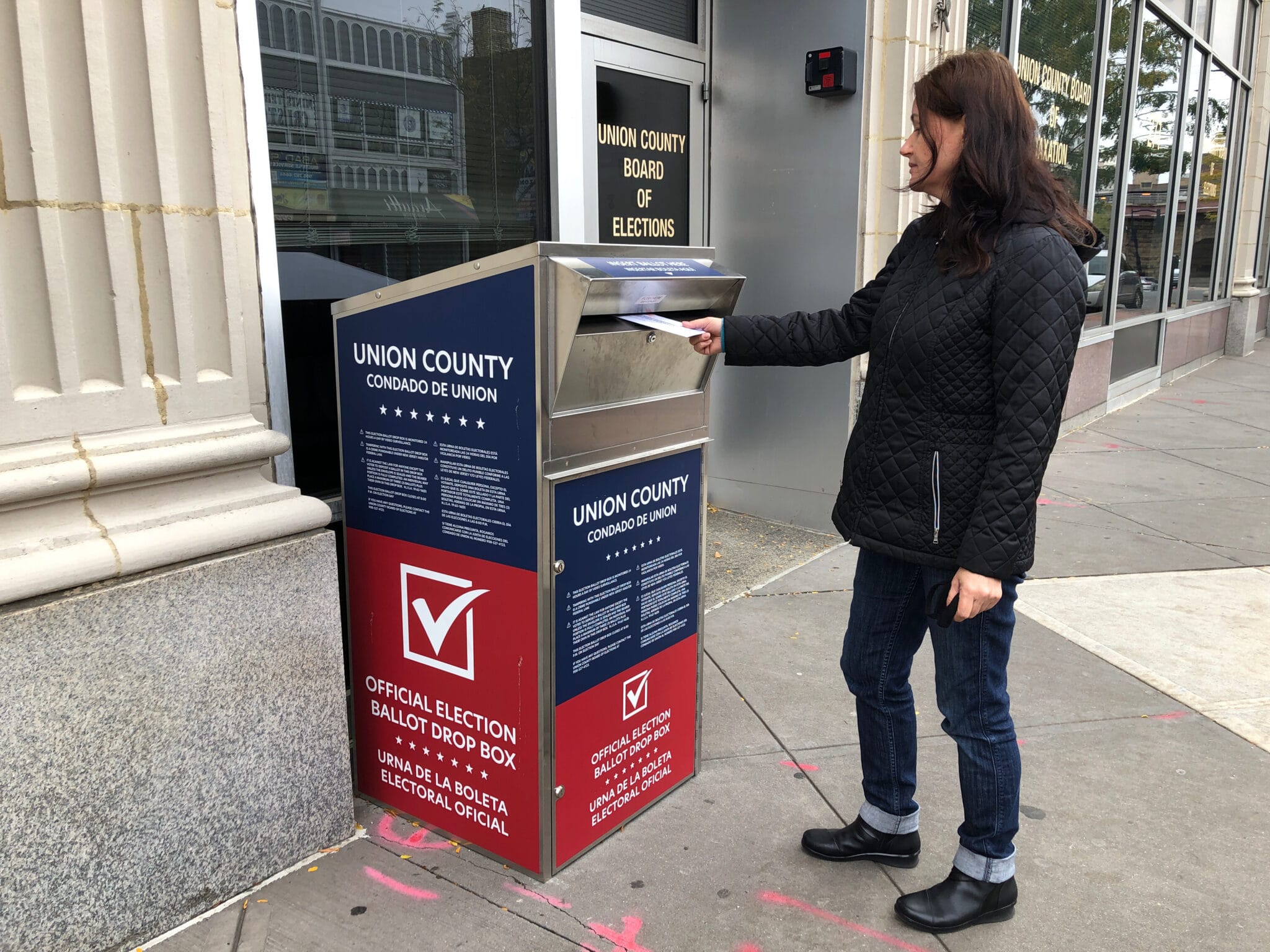Greenwich Village Polling, Photo by ConsumerMojo.com
“This is going to be my first time working at the polls,” said Niyah Lewis, a graduating senior at Florida Agricultural and Mechanical University in Tallahassee. The political science major registered to become a poll worker in early September and announced it on Twitter. “I’m very excited to just be able to step up and do my part as an eligible voter and as a citizen of the United States,” she said.

Lewis will be helping voters in Florida, but New York also wants young people like her to work at the polls. About 55 percent of poll workers in New York are over 60, and their vulnerability to COVID-19 will prevent many of them from returning this year. Both New York City and the state need young healthy poll workers to assist voters in the general election on November 3. Kevin Wei, the digital director for New York Assembly-member Dan Quart, said that without enough workers, certain poll sites could close. That means “voters will most likely be assigned to another site,” he added, and that could cause hardship, longer lines, and reduced turnout.
The same need is felt across the country. From coast to coast, states are calling for young poll workers.
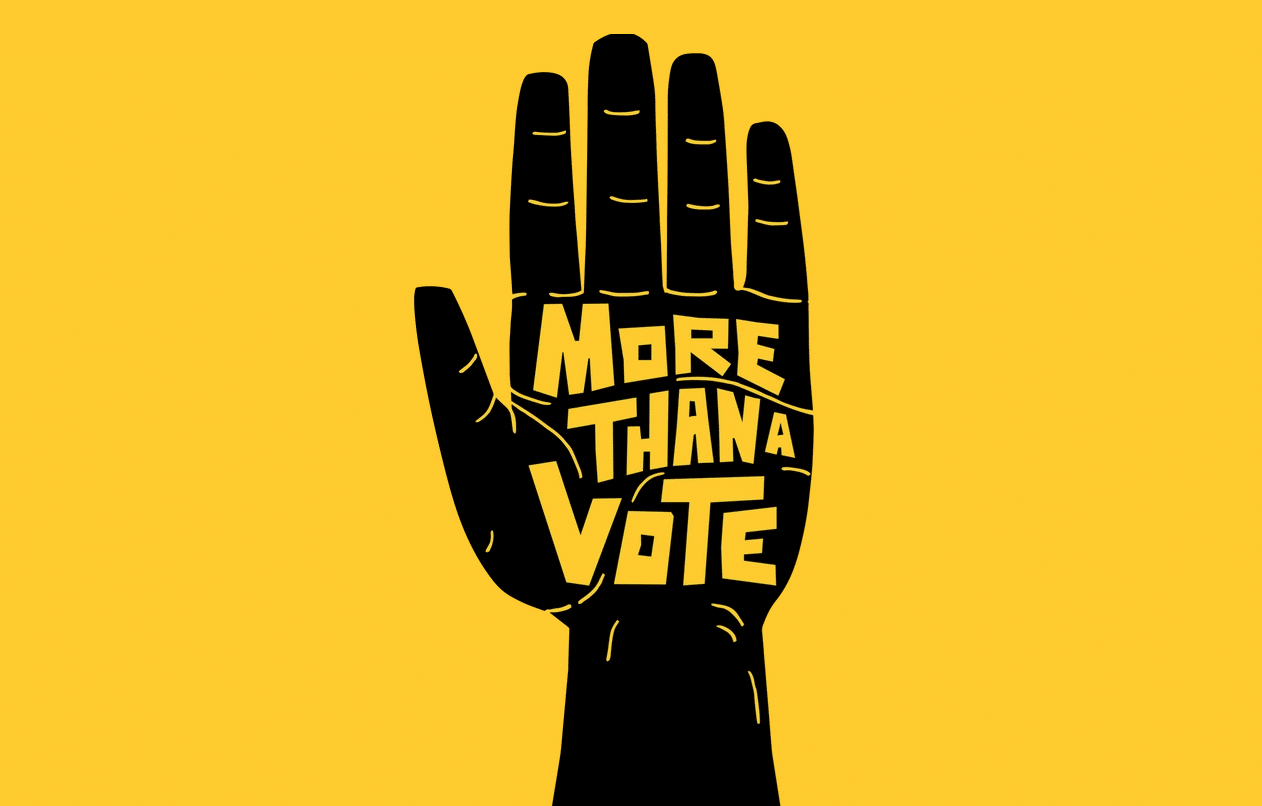
Lebron James’ campaign, More Than A Vote, is collaborating with the NAACP Legal Defense Fund to address voter suppression and poll worker shortages. They want to recruit young people to work at poll sites in black communities in swing states like Georgia, Michigan, Wisconsin, Florida, and Ohio, according to the New York Times,
Covid-19 and the police shootings of George Floyd and Breonna Taylor, which sparked BlackLivesMatter protests, led many young adults to become politically engaged. They responded to calls for action on social media and turned out to protest.
Niyah Lewis sees her work with the election as an extension of her activism that focuses on social justice for African Americans and she leads the United Activist Coalition at her school. She also volunteers for service projects in her neighborhood and has registered people to vote, worked on campaigns and participated in protests.
“One of the biggest challenges we face in our generation is that because we have so much access to knowledge and information, a lot of times we forget that you know, we have to go out and do the work. We burden this knowledge within ourselves, and we’re just like, there’s nothing more that I can do here…” said Lewis. “We have to do the work. If we want to see the changes that we want to see, within the United States and within our communities. We have to not only vote in our general elections for president, but we also need to pay attention closely to our local elections…we have to understand that voting plays a huge part in the way things shift in the political spectrum.”
In New York, you can be a poll worker if you are at least 17 years old and your school district participates in a state program for elections. If you are older, you must be a registered voter. There are two available applications for those living in New York City and for anyone residing outside the city. Visit the Board of Elections site to fill out an application online.
Lewis urges people to get involved and think about the way we treat others and how we want to be treated. “What kind of America do you want your children to live in?” She said. “How do I envision America in the future and how do I achieve that?”
